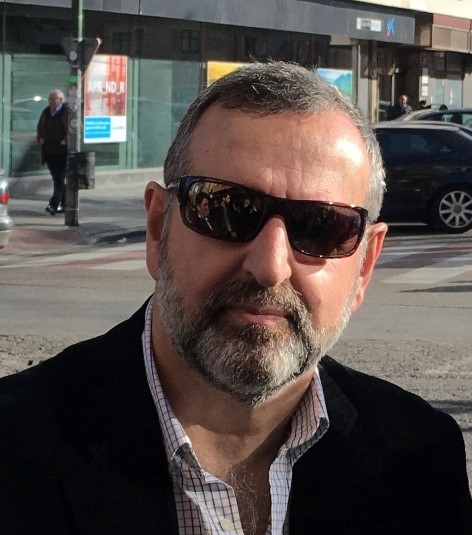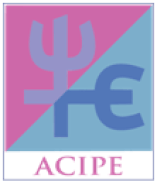
Carlos Saiz Sánchez
University of Salamanca, Spain
Critical Thinking and Education.
Participants: Silvia F. Rivas, Leandro S. Almeida, Óscar Eugenio Tamayo Alzate, Yasaldez Eder Loaiza Zuluaga, Francisco Javier Ruiz Ortega, Carlos Saiz
The challenges in education are enormous, far-reaching and therefore difficult to solve. Coordination of all parties involved in the learning process is needed for substantial change and improvement. It requires institutions to modify their objectives and, above all, to increase the resources allocated to them. On the part of teachers, it is desirable that they increase their sensitivity to other ways of understanding their activity. But what is most important is that teachers and students work in a different way, and not on an ad hoc basis, but in a generalised way. It is precisely in the daily action aimed at improving learning that critical thinking (CP) has some things to say, due to the way of approaching and executing the essential processes of knowledge acquisition. These must always be of a dual nature, cognitive and non-cognitive, and both must play their part on the board of better knowledge. CP can address the challenges of the 21st century society because it has a conception and methodology that has improved even efficient performance, making it effective. To achieve this end, it is imperative that the coordinates guiding education are transversality, collective enquiry and the solution of important problems. This symposium will address precisely the role of CP in improving education. The papers will address conceptual and practical issues of learning. The first paper will address the ability of CP to account for and improve academic performance. The second paper will address how conscious and intentional understanding of multiple systems of classroom activity can contribute to the formation of critical thinkers in specific domains. In the third paper, the difficulties in assessing critical thinking in classrooms by teachers will be addressed. And finally, the last paper will offer a way to develop critical thinking in teacher education.
D. in Psychology, he has been teaching and researching critical thinking for more than twenty-five years. He has published numerous articles in international journals and has given courses and conferences in different countries. For the last few years, he has been the coordinator of the Recognised Research Group (GIR) of the University of Salamanca: Critical Thinking and Positive Psychology, which has two priorities: instruction and evaluation in critical thinking. As a result of this group's efforts, a critical thinking programme, ARDESOS-DIAPROVE, has been developed, tested and published. Within the group, a critical thinking test, PENCRISAL (complete and short version), has also been created. This assessment tool has been psychometrically validated in our language, assessed in our country, in Peru; it has been linguistically adapted to other Latin American countries, and a Portuguese version of it has been created. The GIR has a website (www.pensamiento-critico.com), where you can find resources of different types, courses, and updated information on critical thinking, as well as the publications and activities of the GIR.





